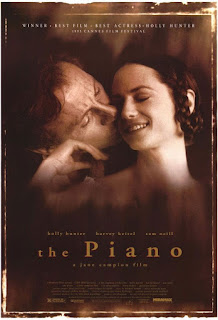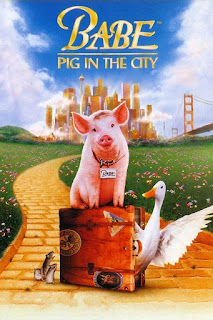November 4th: THE MANCHURIAN CANDIDATE (John Frankenheimer, 1962)
NOTE: This film will be projected in the high-definition Blu-ray format.
A Korean War vet has recurring nightmares and suspects his platoon may have been brainwashed by communists.
In the early 1960s, Frank Sinatra was near the peak of his star power, enjoying a resurgence in popularity as a recording artist while putting together an impressive resume as a film actor, having won an Academy Award for his work in From Here To Eternity. His interest in adapting best-selling political thriller The Manchurian Candidate was met with resistance at United Artists, until President John F. Kennedy, a friend of Sinatra and fan of the novel, called the studio head personally.
The script was written by George Axelrod, who had recently adapted Breakfast At Tiffany's for the screen and whose own plays had been turned into hit films (The Seven Year Itch). Brought in to direct was John Frankenheimer, a seasoned director of television drama who had recently made the move to the big screen.
Sinatra plays the lead role, and is joined by Janet Leigh (Psycho), British actor Laurence Harvey, and stage and screen icon Angela Lansbury (Murder She Wrote). Behind the camera was cinematographer Lionel Linden, another veteran of live television able to keep up with Frankenheimer's quick shooting pace. Sinatra himself was an instinctive actor who preferred the energy of his early takes.
While a good portion of the film was shot on location in Manhattan, interior work was done at the studio in Hollywood, with the production designed by Richard Sylbert (Chinatown). Sinatra offered his own private plane for use in shooting a key scene.
Frankenheimer was adapt at shifting between handheld-style camerawork to sell the immediacy and realism of the political material and the baroque, exaggerated camera angles to heighten the story's more surreal elements. Featuring heavily is the "deep focus" photography used most famously by Orson Welles in Citizen Kane and not often thereafter.
The film was released to good reviews and was a moderate success at the box office. Lansbury won critics awards and a Golden Globe for her performance, Frankenheimer was acknowledged by the director's guild, and the film received Academy Award nominations for Lansbury and the editing. Rumor has it that after Kennedy's assassination, the film was pulled from circulation for sensitivity reasons, the rights reverting to Sinatra. In the late 1980s it was rereleased to much fanfare and acclaim.
Running time is approx. 2 hrs.










Comments
Post a Comment